Saudi Arabia executes young Shia man accused of alleged terror activities
Saudi authorities have executed a citizen from the Qatif region of the kingdom’s oil-rich and Shia-populated Eastern Province over alleged involvement in terrorist activities and weapons possession.
The state-run Saudi Press Agency (SPA), citing the Ministry of Interior, reported that the death sentence was carried out against Makki bin Kazem Al Obaid in the city of Dammam on Monday.
The Saudi man who was executed “took part in two shooting operations against security forces with intent to kill” and “in dealing and possessing weapons,” the ministry alleged in a statement.
He was “linked to people wanted for terrorism-related activities,” the statement further claimed.
On October 5, Saudi authorities executed a citizen from the Qatif region after accusing him of alleged links to a "terrorist cell."
The kingdom’s Ministry of Interior alleged at the time that the Saudi national, identified as Muslim bin Muhammad al-Muhsin, participated in the murder of a citizen, possessed and made a Molotov cocktail bomb in order to attack security personnel.
The SPA added that the terrorist cell had sought to destabilize the country’s internal security.
Saudi Arabia has stepped up politically-motivated arrests, prosecution and conviction of peaceful dissident writers and human rights campaigners, in particular in Eastern Province.
The province has been the scene of peaceful demonstrations since February 2011. Protesters have been demanding reforms, freedom of expression, the release of political prisoners, and an end to economic and religious discrimination against the region.
The protests have been met with a heavy-handed crackdown, with regime forces increasing security measures across the province.
Ever since Mohammed bin Salman became Saudi Arabia’s de facto leader in 2017, the kingdom has ramped up arrests of activists, bloggers, intellectuals, and others perceived as political opponents, showing almost zero tolerance for dissent even in the face of international condemnations of the crackdown.
Muslim scholars have been executed and women’s rights campaigners have been put behind bars and tortured as freedoms of expression, association, and belief continue to be denied.
Over the past years, Riyadh has also redefined its anti-terrorism laws to target activism.
In January 2016, Saudi authorities executed Shia cleric Sheikh Nimr Baqir al-Nimr, who was an outspoken critic of the Riyadh regime. Nimr had been arrested in Qatif in 2012.
D-8’s role in Iran’s economy after Cairo summit
China slams US as ‘war-addicted’ threat to global security
China ‘firmly opposes’ US military aid to Taiwan
VIDEO | Press TV's News Headlines
President Yoon Suk Yeol to be removed from office
At least 19 Gazans killed by Israeli airstrikes since dawn: Medics
Leader: Iran neither has nor needs proxy forces
US fighter aircraft shot down ‘in friendly fire’ amid aggression on Yemen


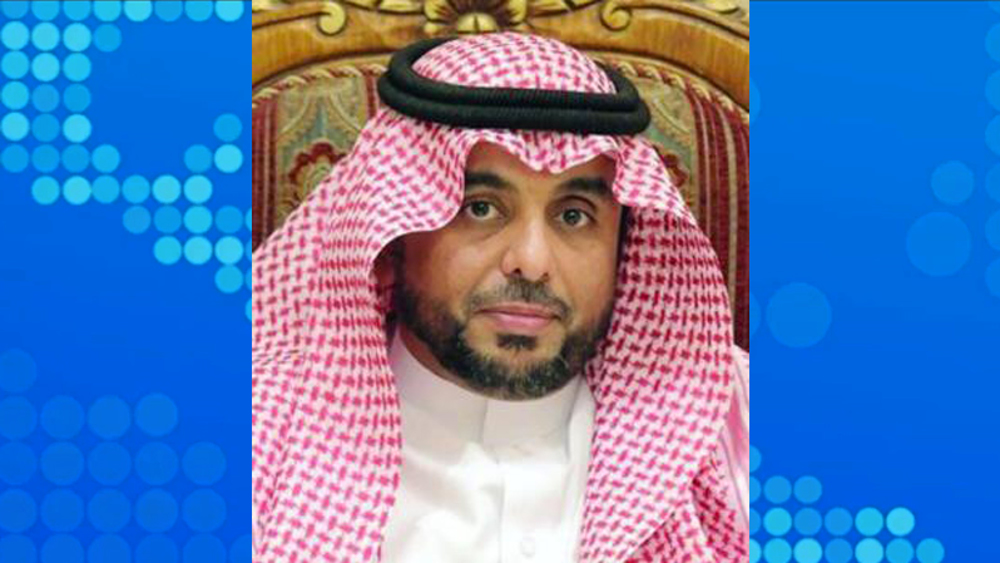
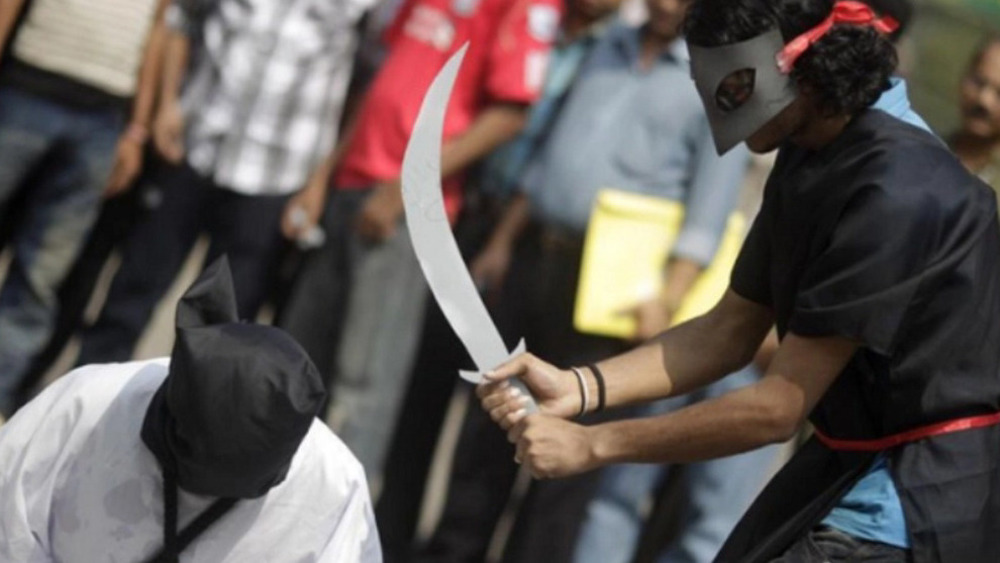
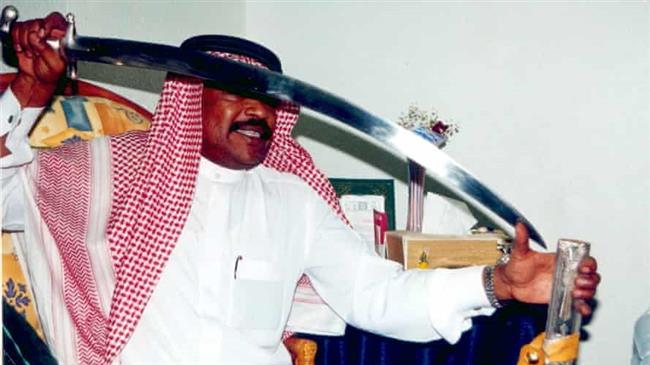






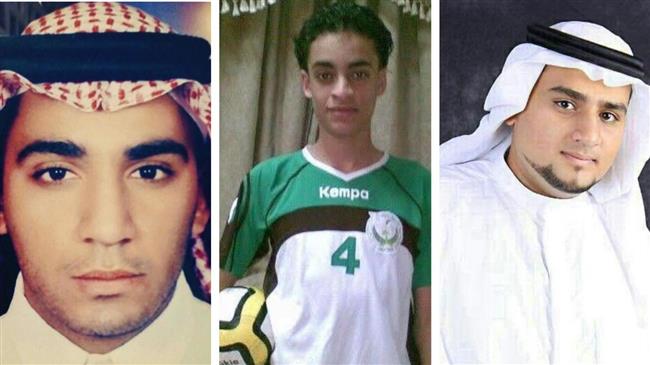
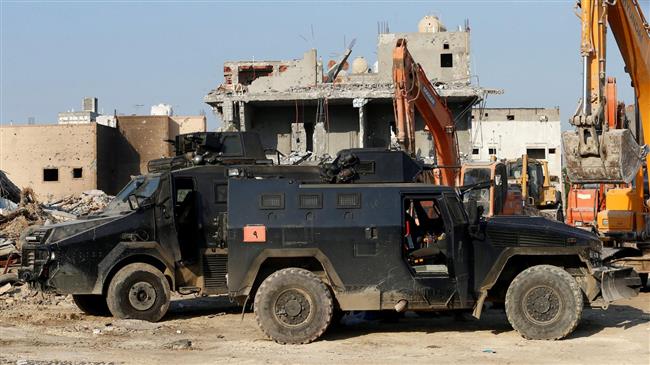
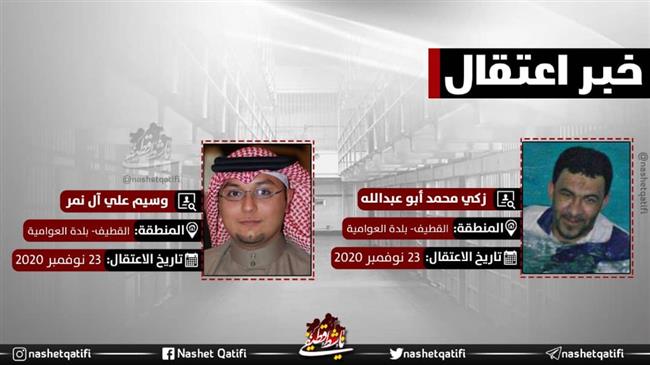
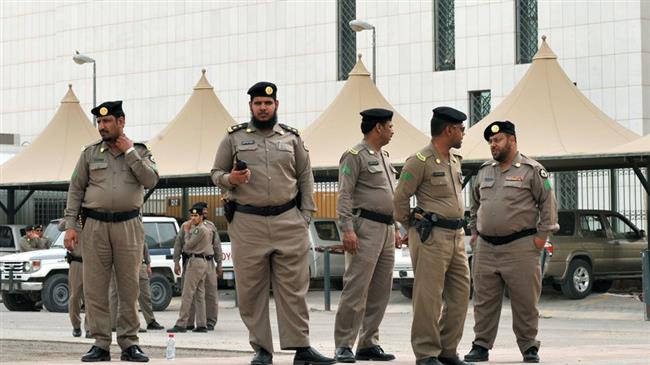
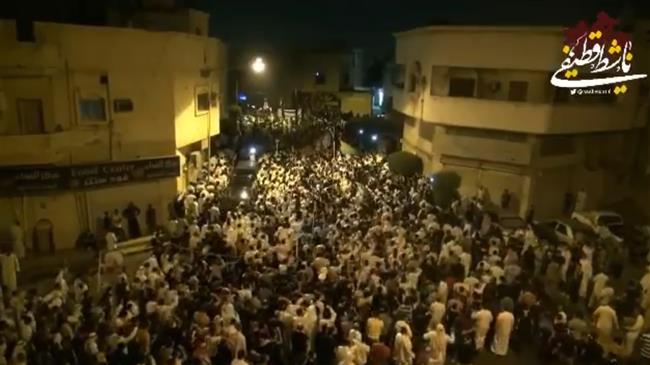
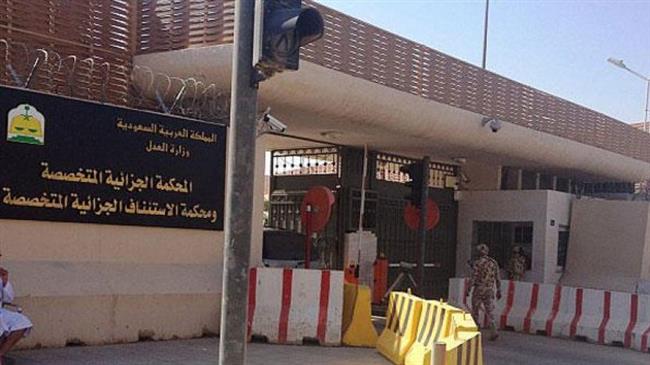
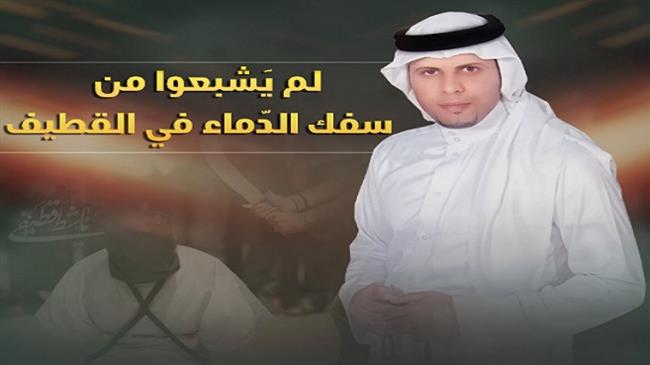
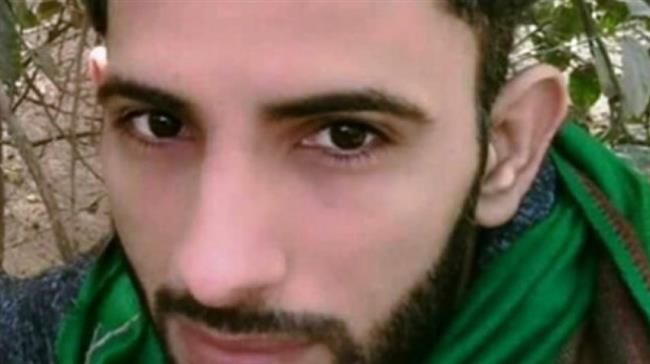
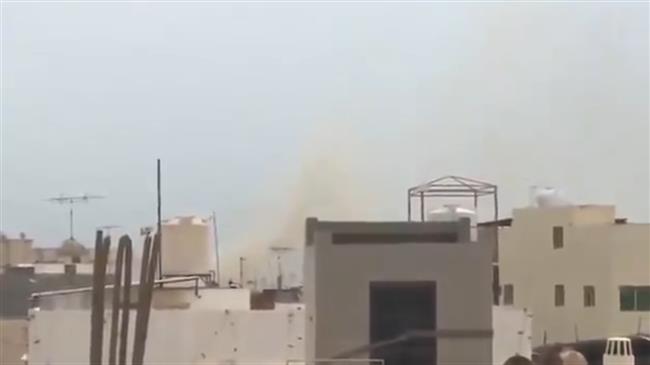

 This makes it easy to access the Press TV website
This makes it easy to access the Press TV website